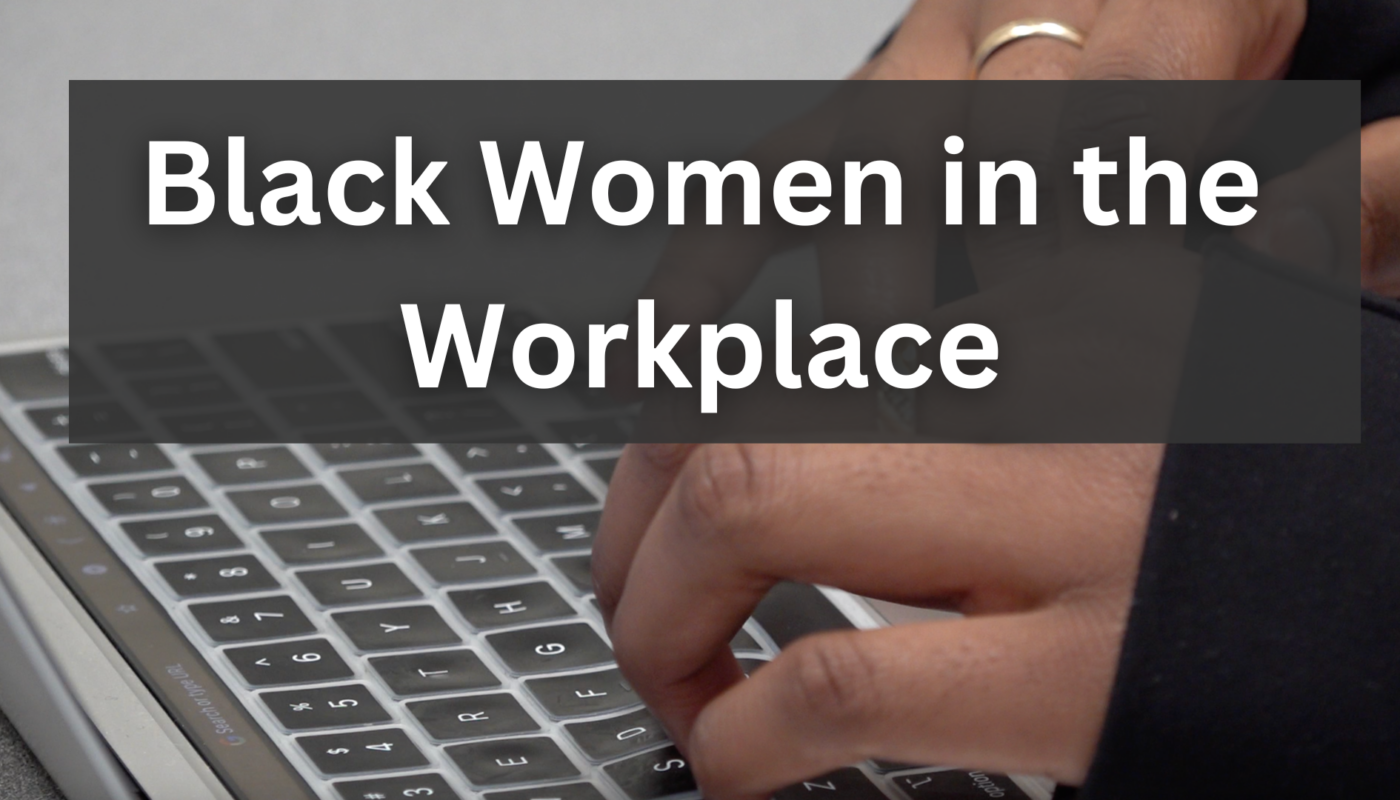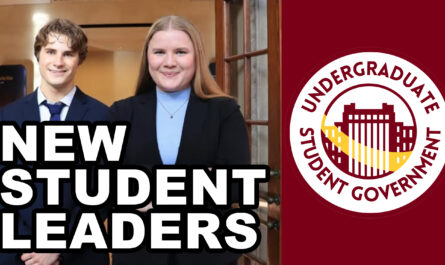With less than a month left until the semester ends, many University of Minnesota graduates will hit the workforce full time.
Graduating senior Dola Greene, has been an intern at the Multicultural Center for Academic Excellence for most of her undergraduate studies. Not only is she preparing to leave the U of M with a degree in Human Physiology, but she is leaving behind a workplace culture that she says, “has it all”.
For Greene, working with MCAE has checked all the boxes of what she values in a workplace environment. A diverse team, mentorship through supportive coworkers and work projects that she loves.
“There’s a lot of mentorship that I’ve been able to receive with the staff at MCAE,” she said. “They’re just so amazing in terms of just wanting to also build me up as a human being and not just as an employee.”
The thought of leaving a workplace with some of her ideal qualities has crossed her mind.
“I’m like, okay, I’m not going to get to have like, a boss that understands me and my background in its entirety, you know?” Greene said. “But I haven’t really let it overwhelm me or make me feel like an imposter. Especially as I’m stepping into, like, grad school.”
Outside of MCAE, Greene says being the only Black person in the room can sometimes feel isolating. And her concerns are not uncommon.
While the racial reckoning that began in 2020 catalyzed an increase in diversity, equity and inclusion initiatives within workplaces, Black women continue to experience discrimination.
In a 2022 report by McKinsey & Company and LeanIn, Black women are more likely to experience dismissive and demeaning interactions in the workplace. In the report, 55% of Black women in leadership roles said their judgment had been questioned during 2022.
To circumvent workplace stress related to identity and discrimination, a few women in various departments at the U of M suggest continuing to develop community, confidence and self-worth values.
Christina Dunbar is an advisor at the Learning Abroad Center. Dunbar spent most of her post-graduate career in international spaces where she was often one of the only Black women.
“Don’t go into any workplace environment expecting, like, ‘Oh boy, I don’t see any other Black women here, I know how they’re going to treat me’,” she said. “Like don’t go into any workplace expecting to be treated differently.”
Britney Hayes, senior student life and career coach at the Carlson School of Management, helps students prepare for their careers and professional aspirations. She emphasizes maintaining self-worth in knowing what works on a personal level and what doesn’t.
“Having someone that you could talk to, vent to. Taking note of the interactions that are happening and if it becomes too consistent, knowing when to report that to H.R. – or just even when to move on to another job,” she said. “Be yourself in the workplace, obviously understand the culture, um, and pay attention to if your values are being met.”
Jessica Cameron, assistant director of the President’s Emerging Scholars Program, is an advocate for developing self-confidence and a supportive community.
“You’re going to need a community beyond your coworkers,” Cameron said. “You’re going to need support that’s validating your experiences, that hears you.”
Identity group events like Black Motivated Women’s professionalism night, are ways students with shared experiences can receive support.
The U of M also maintains a webpage of resources to help students begin to build their own supportive communities.




